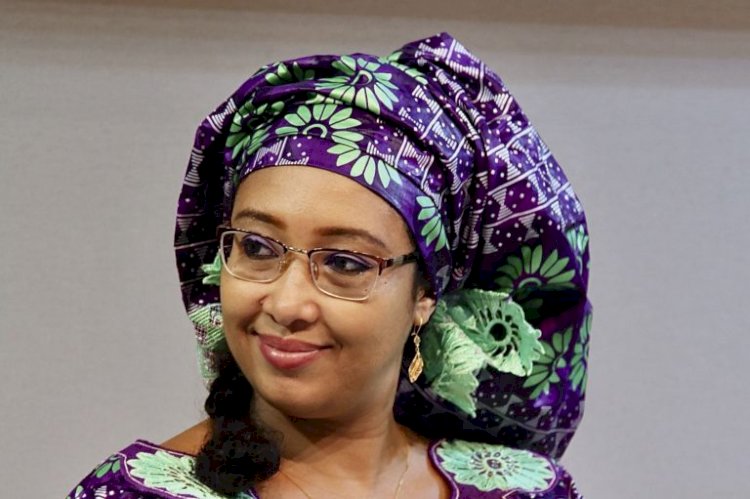A Cameroonian in Goncourt (By Tierno Monénembo)

Tomorrow, November 30, is the big annual fair of the Parisian Literary Awards. It is in fact tomorrow that the Goncourt and the Renaudot, the two most prestigious prizes in the land of Voltaire and Hugo, will be awarded.
And this year, the more prestigious of the two, the Goncourt has a special feature: its favorite is a national of black Africa, a woman, moreover, the Cameroonian, Djaïli Amadou Amal for her beautiful novel, Les Impatientes.
Never has a South Saharan obtained the Goncourt. So far, our subcontinent has been content with a few selections that have unfortunately failed. I remind to flatter our national ego that the very first to be selected by the famous academy is a Guinean: Saïdou Bokoum in 1975 for his famous novel, Chains which despite its failure in the final phase, nevertheless enjoyed a good media and commercial success. deserved.
Then, on many occasions but without the expected realization, Ahmadou Kourouma, Alain Mabanckou and myself. Certainly the Moroccan Tahar Ben Jelloun and the Martiniquais Patrick Chamoiseau who both obtained it, could constitute for us a lot of consolation but the fact is there: neither Yambo Ouologuem, nor Cheikh Hamidou Kane nor Ferdinand Oyono won the precious sesame.
If tomorrow, Djaïli Amadou Amal created a surprise, it would be one more floor for this Negro-African literature which has taken more than a century to assert itself on the international scene despite the undeniable talent of Senghor, Césaire, Camara Laye, Mongo Béti and the others. And for our young Cameroonian author an unparalleled consecration in the African literary landerneau.
I had the opportunity to meet Djaïli twice: at the Salon du Livre in Paris and here, in Conakry, on the sidelines of the 72 Hours of the Book. But I know Maroua, his hometown and even some members of his family well.
Her book is a long murmur, poetic, modest, a manifesto of contained revolt but a revolt all the same against the submission imposed on women in our Sudano-Sahelian societies where the double effect of Islam and African traditions stifles our sisters. and our mothers and make them second class citizens, let's face it frankly, inferior beings.
Calm feminism, intelligent feminism, without fuss and without vulgarity!
Djaïlé, my little sister, the fateful date is approaching. My affection, prayers and blessings are with you. It would be a source of pride for Cameroon and for the African literary fleet whose feminine component is becoming thanks to you and your sisters, nothing less than the flagship.
Allah okku jam!
Tierno Monénembo,


















































